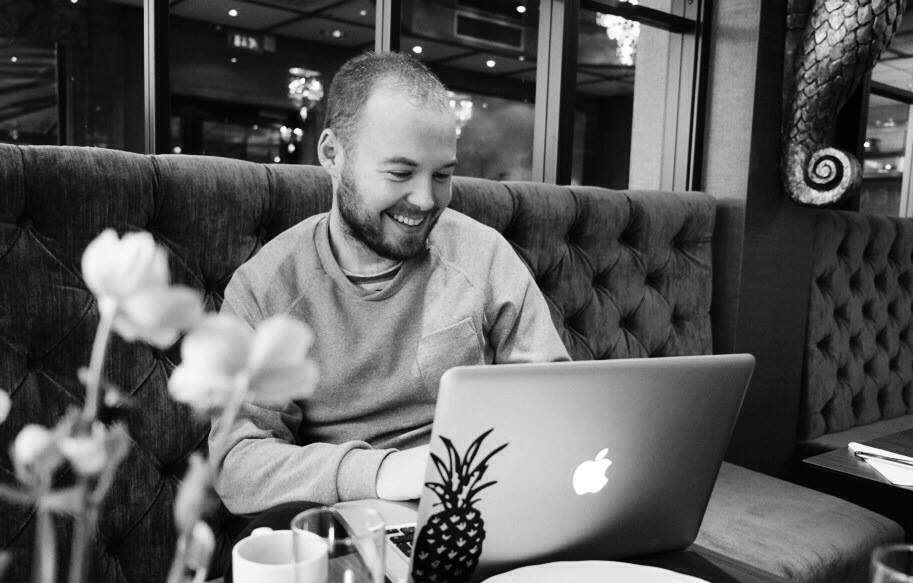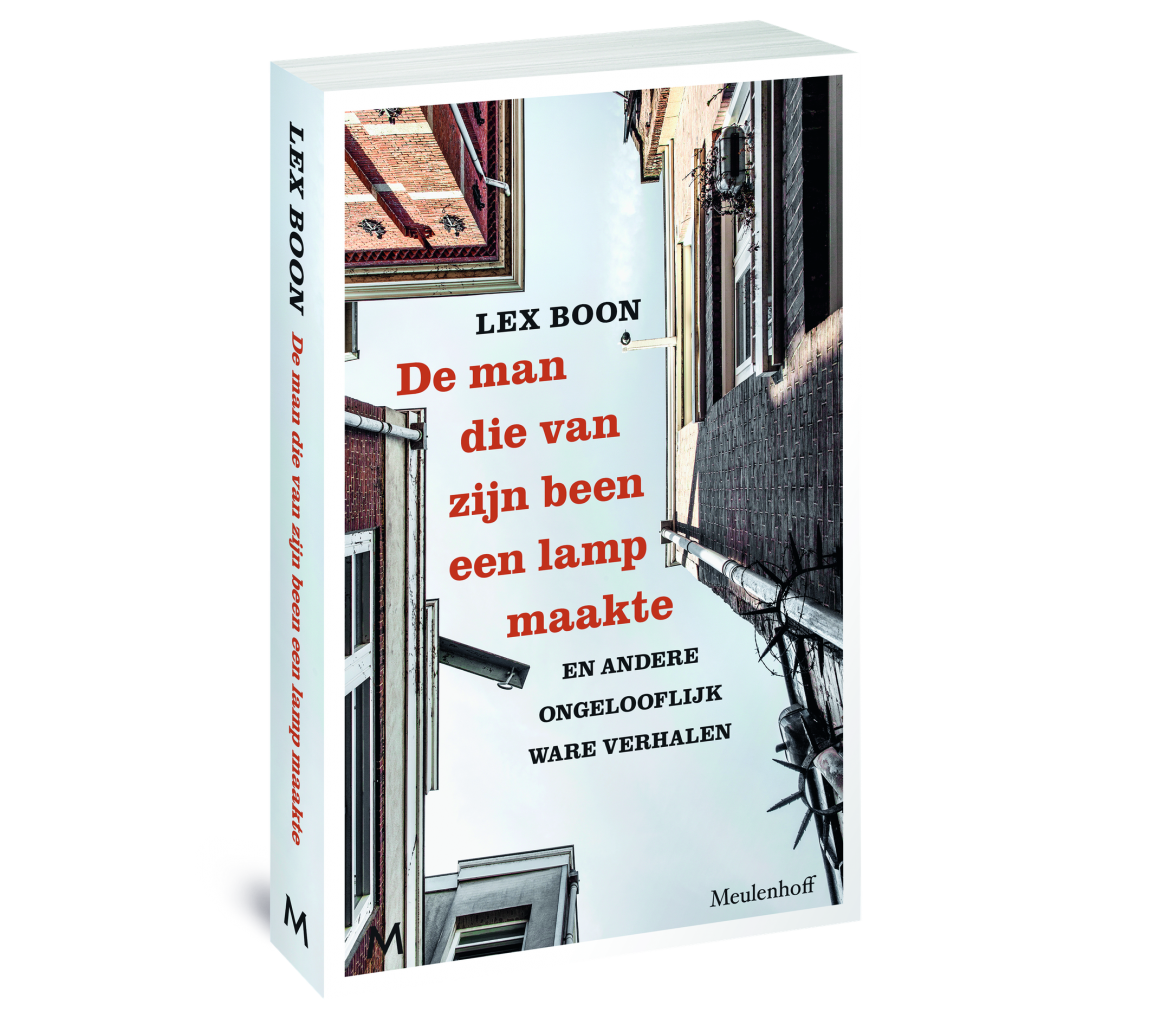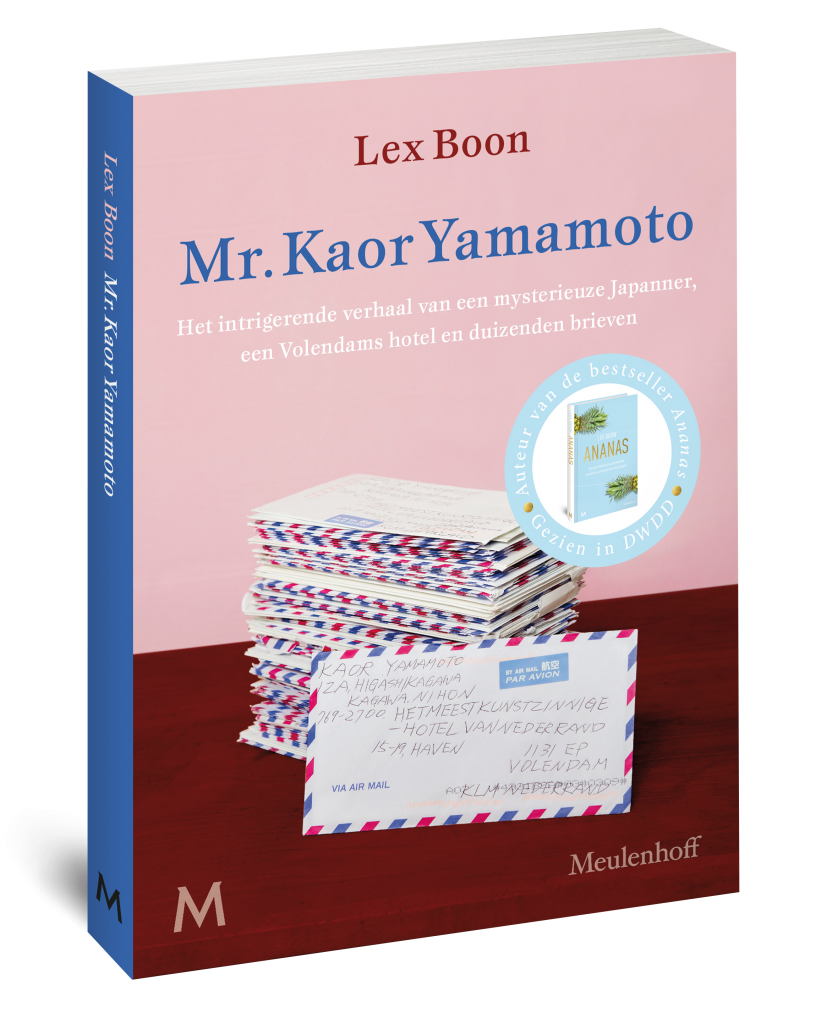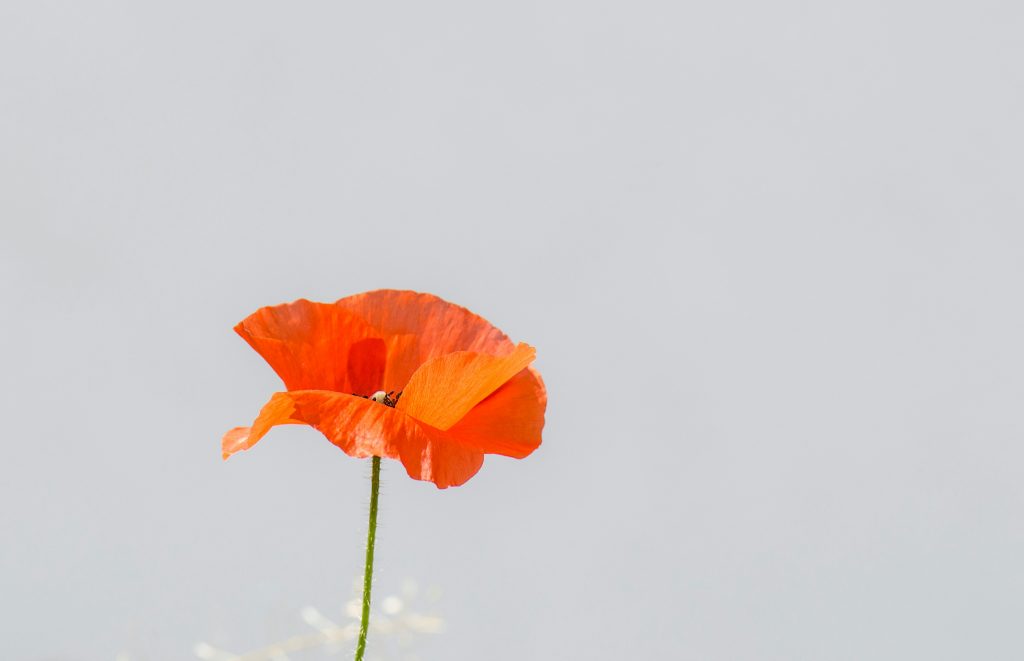Lex Boon works as a freelance journalist for, among others, Amsterdam-based newspaper Het Parool. He’s also building a reputation for himself as a writer of non-fiction stories that have proven to be real page turners (De Diepvriesman, 2014; Ananas, 2019 & Mr. Kaor Yamamoto, 2020). By asking questions with an almost childlike curiosity, Lex manages to also arouse the reader’s curiosity. His most recent book, De man die van zijn been een lamp maakte (The man who made a lamp out of his leg), is a collection of 29 incredible but true stories that he has published over the years.
Were your presentations and papers in primary school already as original as your work is now?
‘I remember being sent to the library when I was in primary school, to summarize and retell the information from these little documentation booklets; I thought that was so dumb! So, I don’t remember whether I gave any great presentations, but I do recall not enjoying that very much. It’s much more fun to investigate things yourself, right? Summarizing and reciting old information did not spark my curiosity. I do remember giving a presentation about orcas. That was after I’d seen Free Willy (the 1993 movie, ed.), of course.’
Where does your curiosity come from?
‘I think I’ve always been curious. I don’t really know where that comes from. I used to be quite shy. If I wanted to ask something, I always thought: Why would I ask that? Why would anyone want to answer this question? The great thing about being a journalist is that now I always have a reason to ask someone something. I love that about my job.’

In addition to being a writer, you also work as a freelance journalist. What does that profession entail?
‘Every month, I write a few stories for Het Parool magazine. These are mainly stories about the city. I like to go out and about with extraordinary people or visit remarkable events. I recently wrote an article about the Spuistraat in Amsterdam. I’ve been exploring the neighbourhood in recent years, looking for stories of what goes on behind people’s doors. And I always have projects in the works involving bigger stories that could result in a podcast, a new book or maybe a documentary. There are stories of which you immediately know that they’re bigger than just a newspaper article. And then I start following such events for a longer period of time. Sometimes I put a lot of work into something and it eventually leads to nothing, in other cases things suddenly result in a new book.’
You could argue that everyone can be a storyteller nowadays (using social media). What makes a story good or interesting?
‘Telling a story is an art. There are good stories that are poorly told. But what is it that makes a story good? It must contain some form of development, we should be able to learn from it… For me, a good story sparks curiosity. And it all starts with a good question. For example, a colleague of mine was wondering where the water of the Amstel river originates. I think that’s a fantastic question. It seems simple, but during the search the answer turned out to be far more complicated.’

Your most recent book is a collection of non-fiction stories. Why is it important to you that a story is true?
‘I’m essentially a journalist, so I’m a real non-fiction writer. I don’t think I could easily write a novel. You create a character that goes out the door and then you need to decide whether he turns left or right. And you have to think about the clothes he’s wearing and why. That’s just not for me. I really enjoy checking reality, it provides support. Plus, reality is crazy enough. Just go and see what fantastic stories are actually taking place. I like stories that make you wonder: Wow, did this really happen? But they have to be true.’
Which story from the new book has stayed with you the most?
‘My publisher wanted to publish a collection of my stories. At first, I felt a little uncomfortable about that. Those stories have already been written and published, so why the need to also put them in a booklet? But I did have a lot of fun reading through my old stories. So in the end, I made a selection based on certain criteria. Do I have good memories of it? Were the people nice? Did their characters stand out? So basically, I like all the stories in the book. For example: A night at CS (Amsterdam Central Station, ed.). A pretty mediocre title perhaps, but I really enjoyed making that story. I enjoy staying in one place for a longer period of time, to observe and to talk to people. To just see what’s happening. I like stories about things that happen day in and day out, things we all see but not consciously register. Like those large ships that enter the harbour to unload soy. You see them passing, but you rarely think about the people on board. Who are those people? What’s their life like?’
Do you ever find yourself diving into a story of which the ending eventually falls flat? And how do you deal with that?
‘Usually I just tell it as it is. One of my most read stories is about Mr. Kaor, the Japanese man who, for 40 years, wrote the same letter over and over to a hotel in Volendam. A big and long story for which I eventually even travelled to Japan to visit this mysterious man and ask him why he was writing all those letters to that hotel. And after all the effort and energy I put into it, it turned out he didn’t really have a reason for it. All I can do then is to just write down what happened. It was a story with a huge anti-climax, but it worked.’

What else can we expect from you as a writer?
A specific project that will probably become a book, is about the robbery of a Van Gogh painting from the Singer Laren museum, last March. I’ve been following the case since the first press conference, when it was announced that the painting had been stolen. I’ve been following what’s happening behind the scenes for over a year now. How’s the museum handling the theft? How does art detective Arthur Brand, who’s trying to retrieve the painting, work? The moment I realised this was book material was when I started wondering how many Van Goghs have been stolen. No one really seemed to have a clear answer to that question. So I started to do archival research to map out which Van Gogh paintings have been stolen throughout history. Turns out there are dozens of them and each stolen painting has its own beautiful background story.’
Website: lexboon.nl
Featured image: Renate Beense


